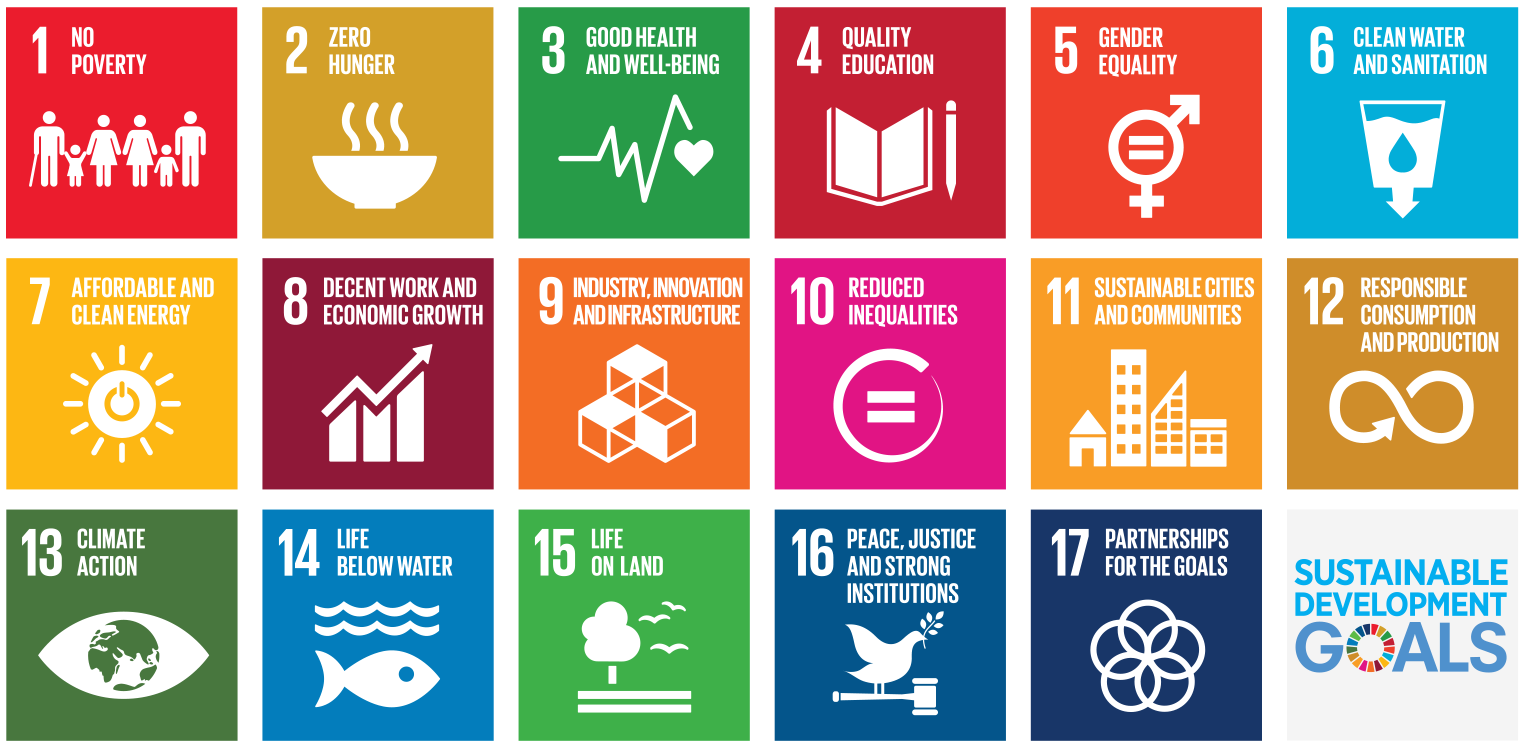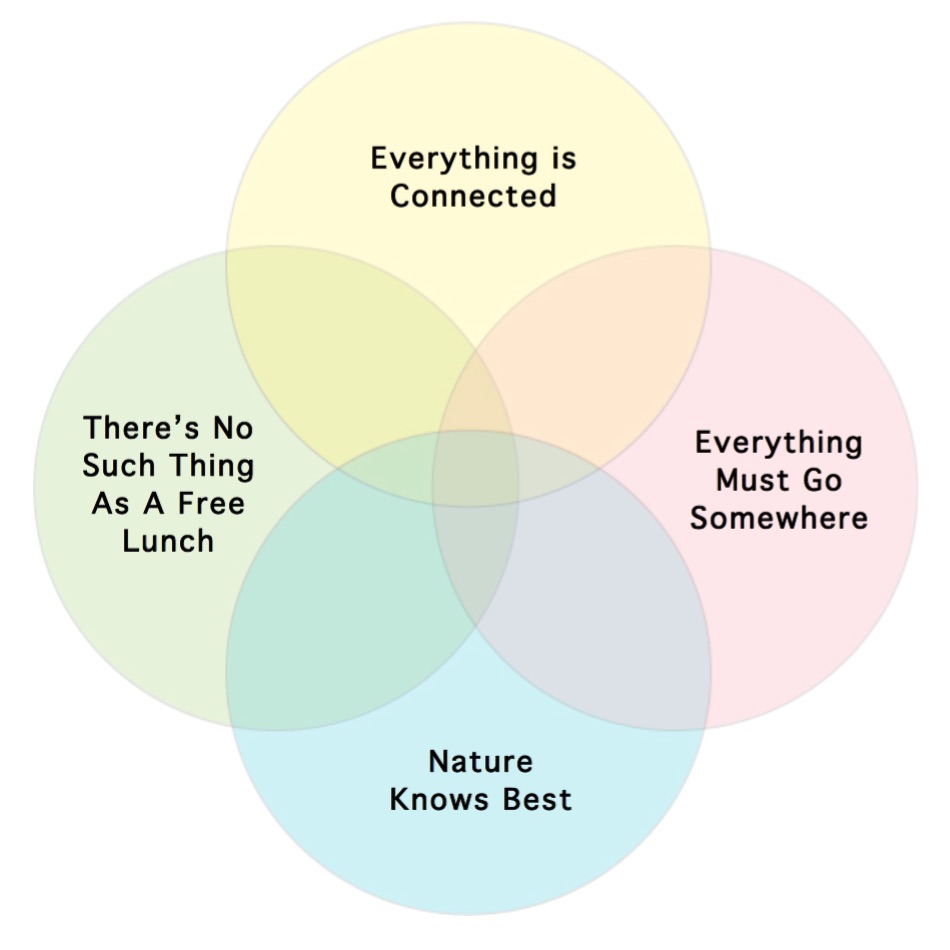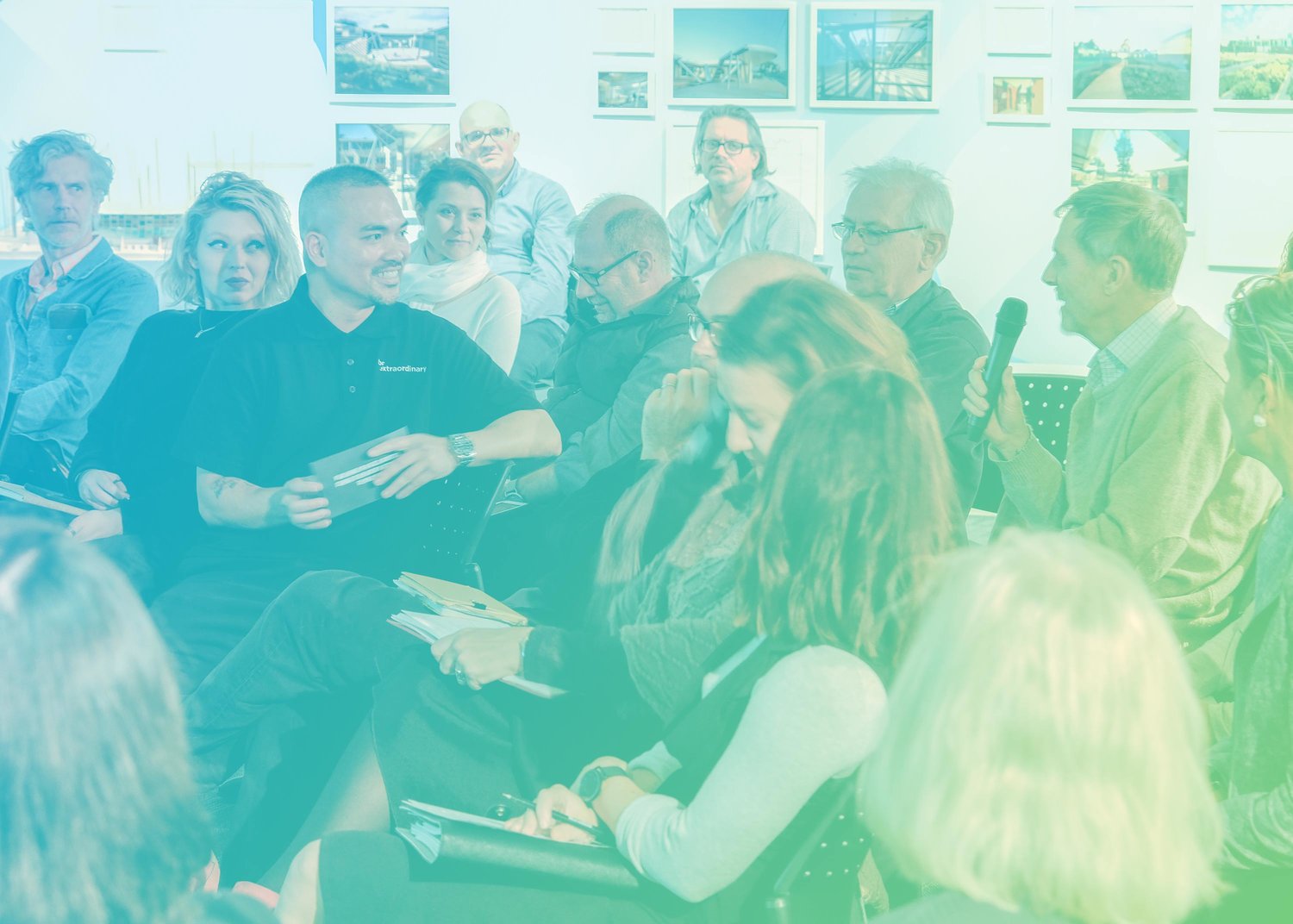The following article was kindly written and contributed by Mr Gilbert Guaring, Head of Marketing and Communications, UAP (Urban Art Projects | uapcompany.com) and Founder and Chief Executive at Be Extraordinary! (be-extraordinary.co)
At the end of last year, I was fortunate to be a finalist at Griffith University and Queensland Business Monthly’s Responsible Leadership MBA Scholarship. Even though I didn’t get the main prize, I was awarded a scholarship to the value of three courses enabling me to set in motion my dreams of graduate school. I said to myself, “what can go wrong?”
11th of February 2019 – my first day at grad school, I had a feeling that I will be the oldest person in the class, but I was still very confident and in my usual stubbornly optimistic spirits. I have to tell you; I was a geek back in secondary school and at university. My favourite subject includes Arts, Mathematics, Physics and Sports. With this understanding, I’m pretty sure I will be fine and I question myself again, “what can go wrong?” I feel my confidence building up.
Not until Professor Nick Barter entered the room, the course he teaches – Sustainability and Systems Thinking. And to be clear, our definition of sustainability isn’t only about the environment but everything under United Nations 17 Sustainable Development Goals. And on the other hand, systems thinking is our awareness to see the connections and relationships between parts and wholes rather than looking at discrete and isolated parts. The course profile is pretty straight-forward; it teaches students sustainable business practices and why it is an integral element in creating organisations that will not only succeed but thrive in the 21st century. Very unambiguous, simple, and I assume with my work background and professional experience with top multinational companies, how and where can I possibly go wrong? Well, I think my professional experience is the crux of my problem.
If you haven’t done this course or something similar, I encourage you to do it. Sustainability and Systems Thinking course is confronting, challenging, inspiring and empowering. The learning you get and apply can make or break companies of all sizes. Sustainability and Systems Thinking challenges convention and encourage critical thinking. Now, I have to be very clear; I wasn’t told by Griffith Business School to talk about their sustainability class or their MBA. After every session with Professor Barter, I’m reminded that the business strategies of the past were fundamentally flawed, and marketing and communication was the “propaganda” enabling businesses to misuse our resources, resulting in our current environmental and societal issues.
Yes, I am upset.
Here I am, managing influential brands that connect with people. Here I am, developing brand strategies to deliver world-class creative output for brand engagement and progress. Here I am, mentoring young and driven “executives” concepts of business, marketing and communications that were all derived from thinking without any connection to sustainability or most importantly systems approach.
 Barry Commoner’s Law of Ecology says it all:
Barry Commoner’s Law of Ecology says it all:
- Everything is connected to everything else. There is one ecosphere for all living organisms and what affects one, affects all.
- Everything must go somewhere. There is no “waste” in nature, and there is no “away” to which things can be thrown.
- Nature knows best. Humankind has fashioned technology to improve upon nature, but such change in a natural system is, says Commoner, “likely to be detrimental to that system.”
- There is no such thing as a free lunch. The exploitation of nature will inevitably involve the conversion of resources from useful to useless forms.
In 1971, Commoner suggested that the American economy should be reconstructed to the unbending laws of ecology. You can read more about it and either you believe these laws or not, but with what’s happening to our planet now I am pretty sure Commoner is looking at us and chuckling, “I told you so!”
Now you can see why I am agitated.
If we stop treating these sciences – marketing, ecology, sustainability, accounting, economics and business, in silos and make them “talk to one another”; treat them like one living, symbiotic organisation then there will be no wrong and misleading concepts that we have now been teaching countless generations of students and professionals.
For example, Compounded Annual Growth Rate (my clients love concepts of double-digit CAGR!) is a lie because our resources are not limitless. Earth is a tiny blue dot, a closed system. There are limits, so it isn’t sustainable or sensible to grow your business year on year. The antiquated concepts of business growth, market share, stakeholder, effectiveness and even supply and demand (and more) should be removed from our lexicon.
How about brand performance metrics? The last I checked, most of our influential and profitable brands do not have sustainability and systems thinking as part of their success criteria. Most of them self-regulates via other CSR programs hoping it “cancels” out the negative impact that they do. The success of businesses are still heavily measured on financial achievements, and without any weight on sustainability. These are businesses we put on a pedestal. They are supposed to be business leaders some of them are even treated as heroes by small and medium-sized enterprises. But how are we also defining heroes and leaders nowadays?
 So, rather than go on and on with my meltdown, I want to end this rant with three things:
So, rather than go on and on with my meltdown, I want to end this rant with three things:
- To my ex-colleagues, whom I have mentored, and they are too many to mention – I am sorry. I taught you the wrong approach to business. I ask you to wake-up, remove antiquated business concepts and be responsible business leaders. You must consider sustainability the next time you author your future marketing and communications strategy, talk to your Managing Director or present to your Board of Directors. As business leaders of the 21st century, we must have systematic thinking to problem-solving so that we create strong links between marketing, accounting, economics, sustainability, ethics and governance.
- A call to all marketers – we need to change this. We were part of the problem, and this is now our issue to solve. There’s no need for consumers to buy more or spend more. There’s no
need to create artificial psychological value to products to confuse buyers. Businesses need to work together and stop treating each other as competitors. Remember, there are limited
resources so everyone will need to learn to share, collaborate and exist harmoniously. - Lastly, a call to the scholars and academics – can we move past the theories of yesteryear and create a new truth that celebrates and embeds sustainability in contemporary business practices. Moreover, if we are teaching old methods, we must frame them within the context of that time. Professor Barter would say, “Treat these concepts as stories… treat it as versions of truth at that time… understand the context…”
